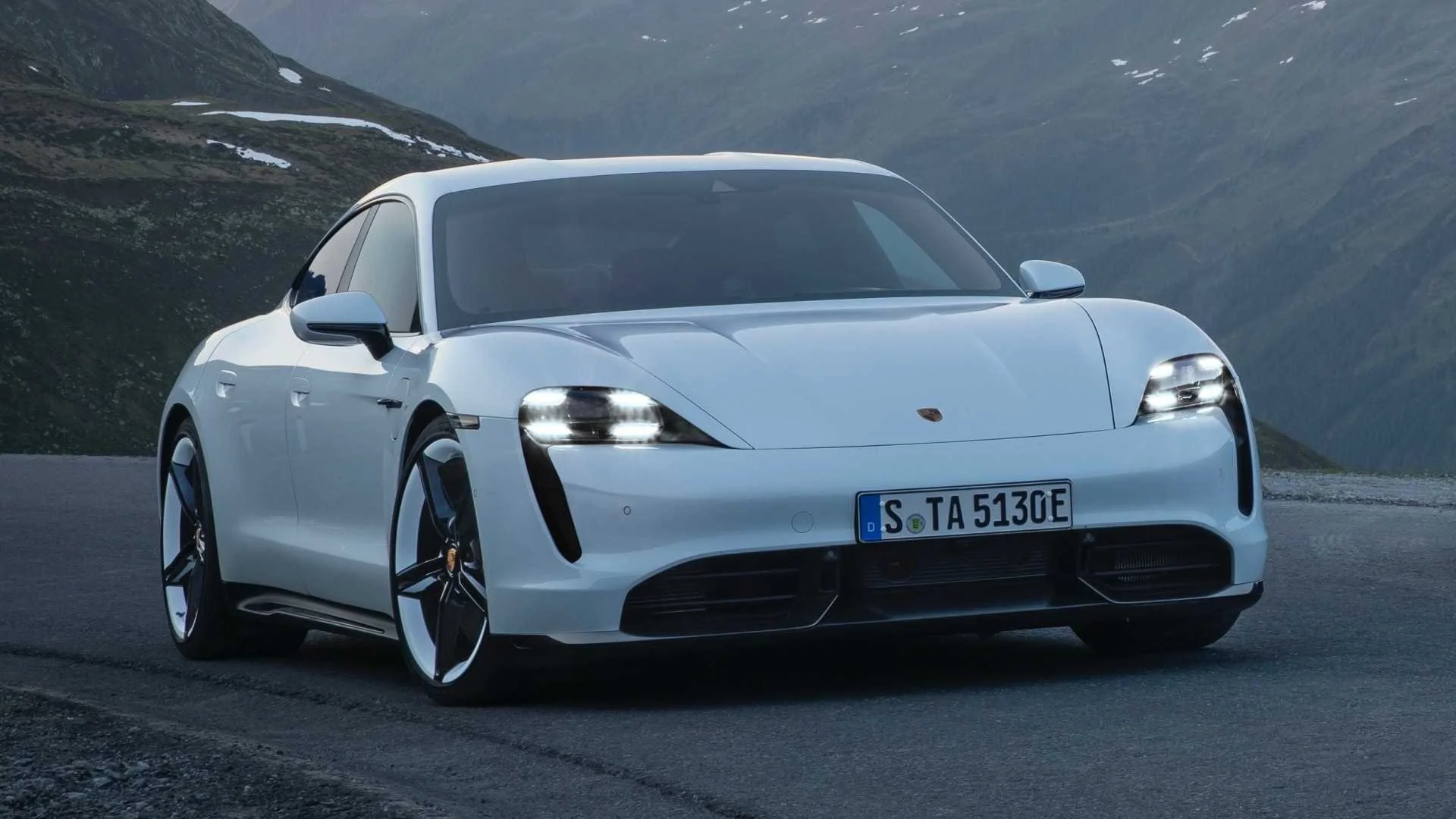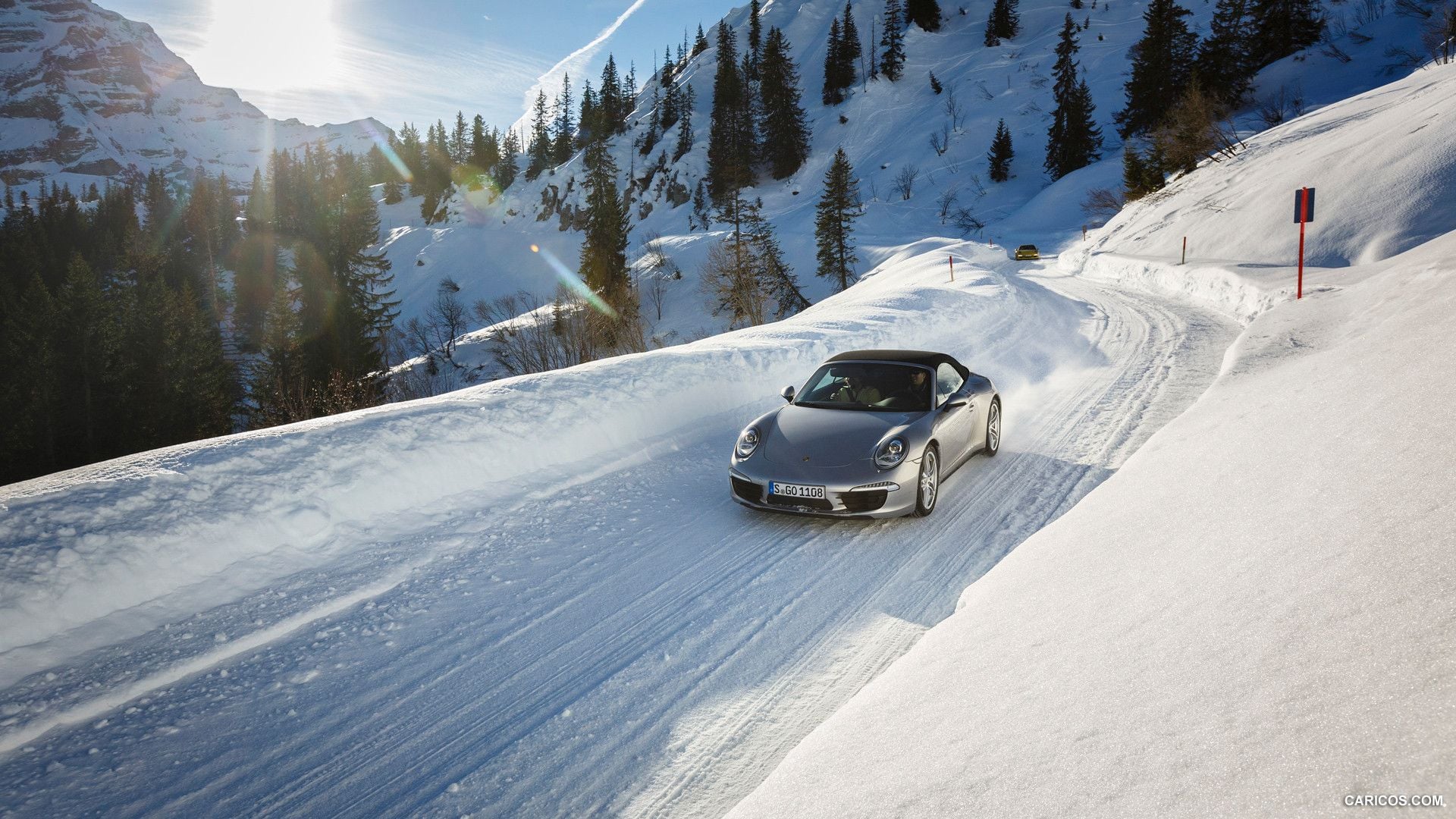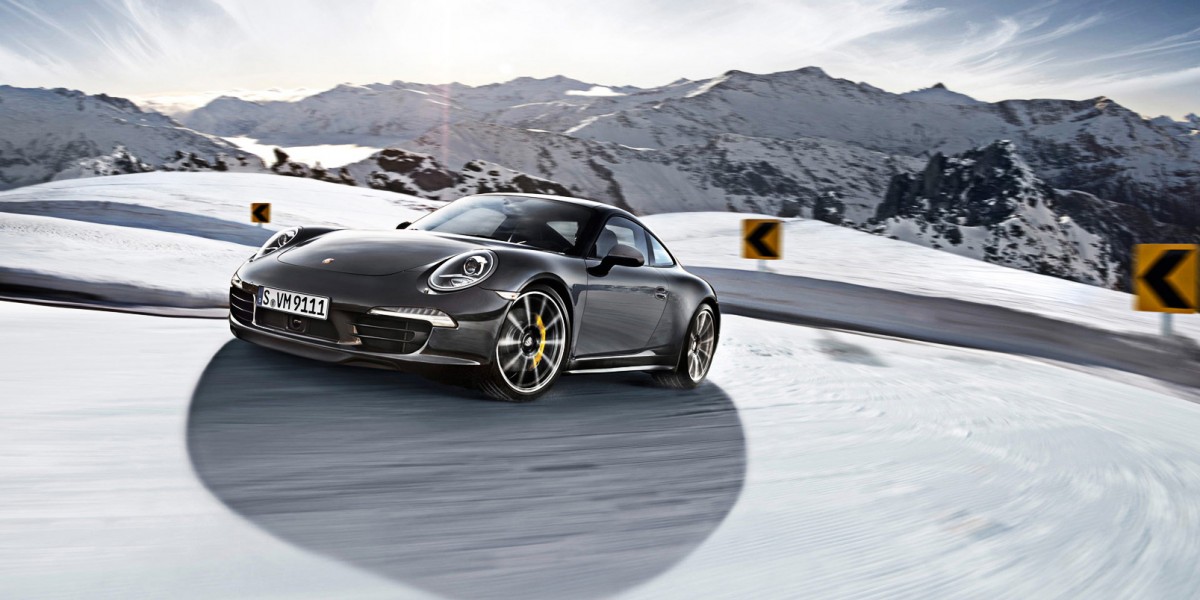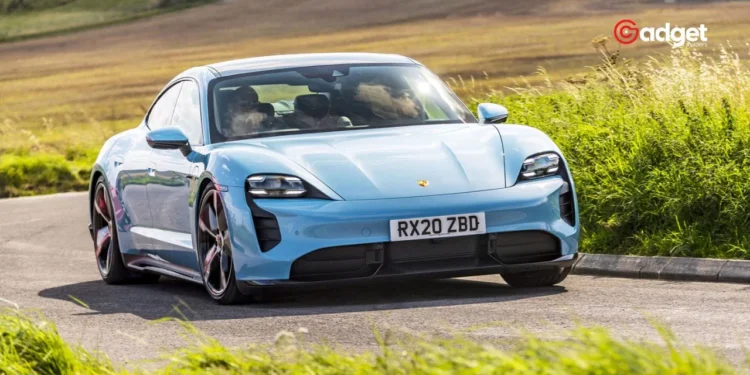As the electric vehicle (EV) market continues to expand, manufacturers are facing increasing challenges, particularly in maintaining battery performance in cold climates. Porsche, a leader in automotive innovation, has turned its attention to this pressing issue by investing in South 8 Technologies, a promising startup that could hold the key to more efficient EV operation in low temperatures.
Porsche Ventures recognized the potential of South 8’s groundbreaking technology, which employs a pressurized, liquefied gas electrolyte. This innovative approach could not only reduce lithium-ion battery costs by up to 30 percent but also significantly improve their performance in colder climates.
According to South 8 CEO Tom Stepien, this collaboration with Porsche is a strategic move to maintain close oversight of the project’s development and direction, ensuring that the technology aligns with the high standards and needs of Porsche’s lineup.

How South 8’s Technology Enhances Battery Efficiency
The core of South 8’s technology lies in its unique use of gas under pressure within the battery cell, which prevents the electrolyte from freezing at temperatures as low as -100 degrees Celsius. This feature is particularly important as conventional electrolytes tend to thicken in cold weather, slowing down the charging process and affecting overall vehicle performance.
Stephen, a spokesperson for South 8, highlighted that their technology maintains 75% of energy capacity even at -40 degrees Celsius, a significant improvement over traditional solutions which he referred to as “everything else is brick.”
Currently, this technology is compatible exclusively with cylindrical cells, which are used by leading EV manufacturers like Tesla, Rivian, and Lucid. While future adaptations for prismatic cells are conceivable, the technology does not yet extend to pouch cells.
Implementing South 8’s electrolyte requires modifications to battery construction, including stronger end caps and a revised top cap with an injection valve, posing a challenge yet offering substantial long-term savings and operational efficiencies.

Porsche’s Forward-Looking EV Strategies
In a related development, Porsche is gearing up to introduce the electric version of its popular Cayenne model by 2026. The Cayenne EV will share the PPE platform with Audi’s Q6 and Q8 e-tron models, boasting powerful crossover powertrains and a design inspired by the Macan Electric.
The performance metrics suggest that the Cayenne EV could accelerate from 0 to 60 mph in under three seconds, although final specifications are yet to be confirmed.
Porsche’s Commitment to Social Responsibility
Amidst these technological advancements, company remains committed to its social responsibility initiatives. The upcoming 24 Hours of Le Mans in 2024 will see Porsche Penske Motorsport entering three Porsche 963 race cars, not just for competition but also for a noble cause. Under the ‘Racing for Charity’ program, company will donate 750 euros for each lap completed by the works team cars.
The beneficiaries this year include organizations like Kinderherzen Retten e.V., which supports life-saving surgeries for children, and the Ferry Porsche Foundation, which aids severely ill children and their families.

Porsche’s continuous investment in technology and its commitment to social causes underscore its holistic approach to business, where innovation meets responsibility. As the company moves forward with its technological and philanthropic endeavors, it sets a high standard for the automotive industry, combining cutting-edge technology with a strong ethical foundation.










